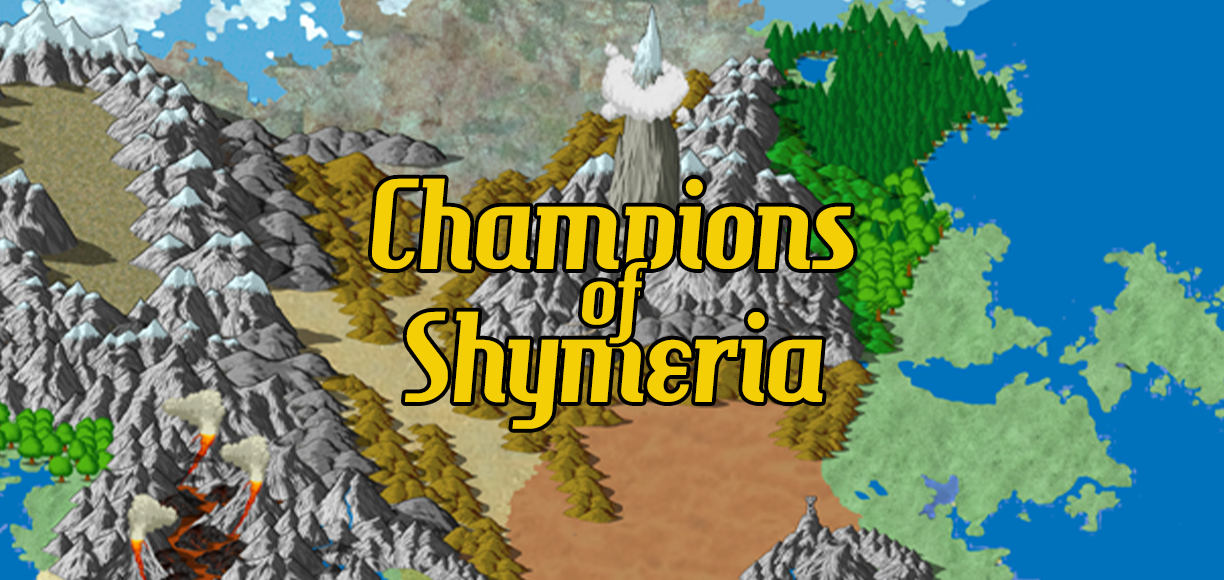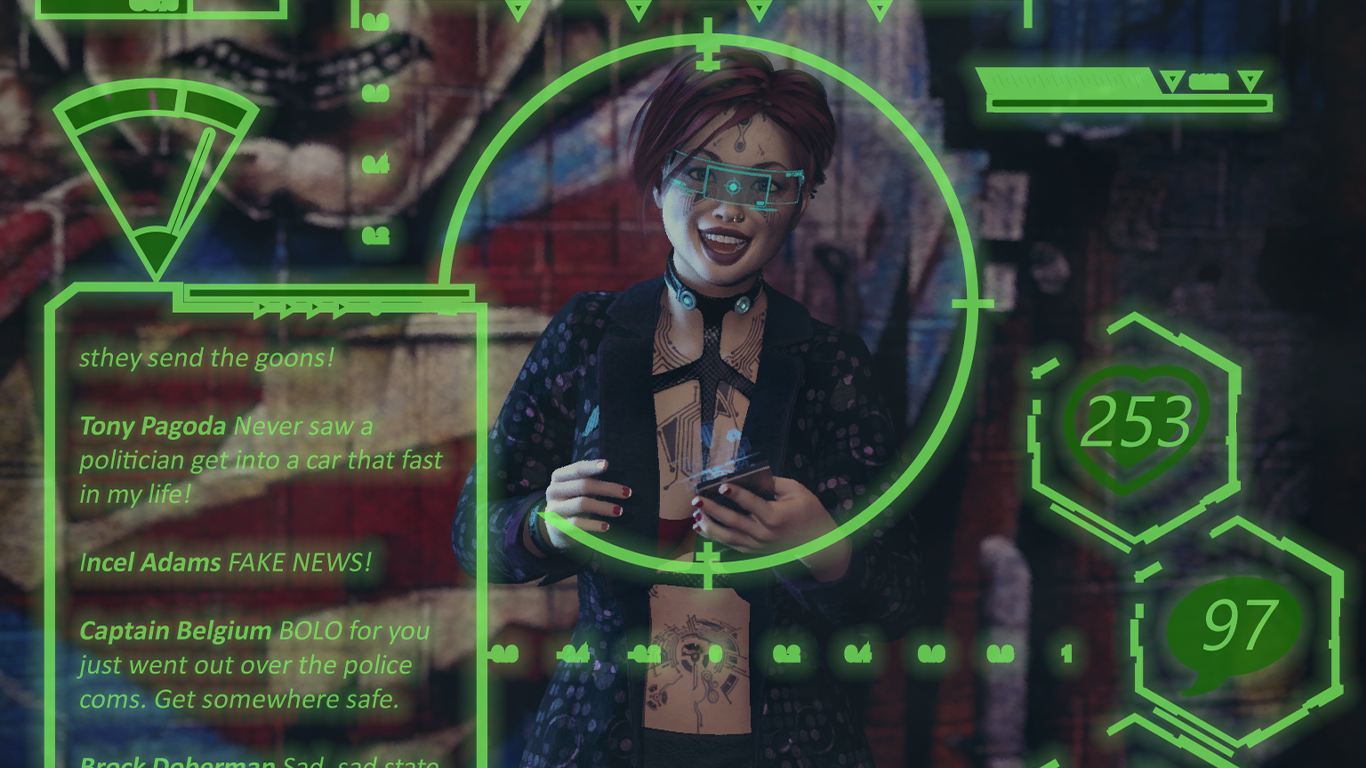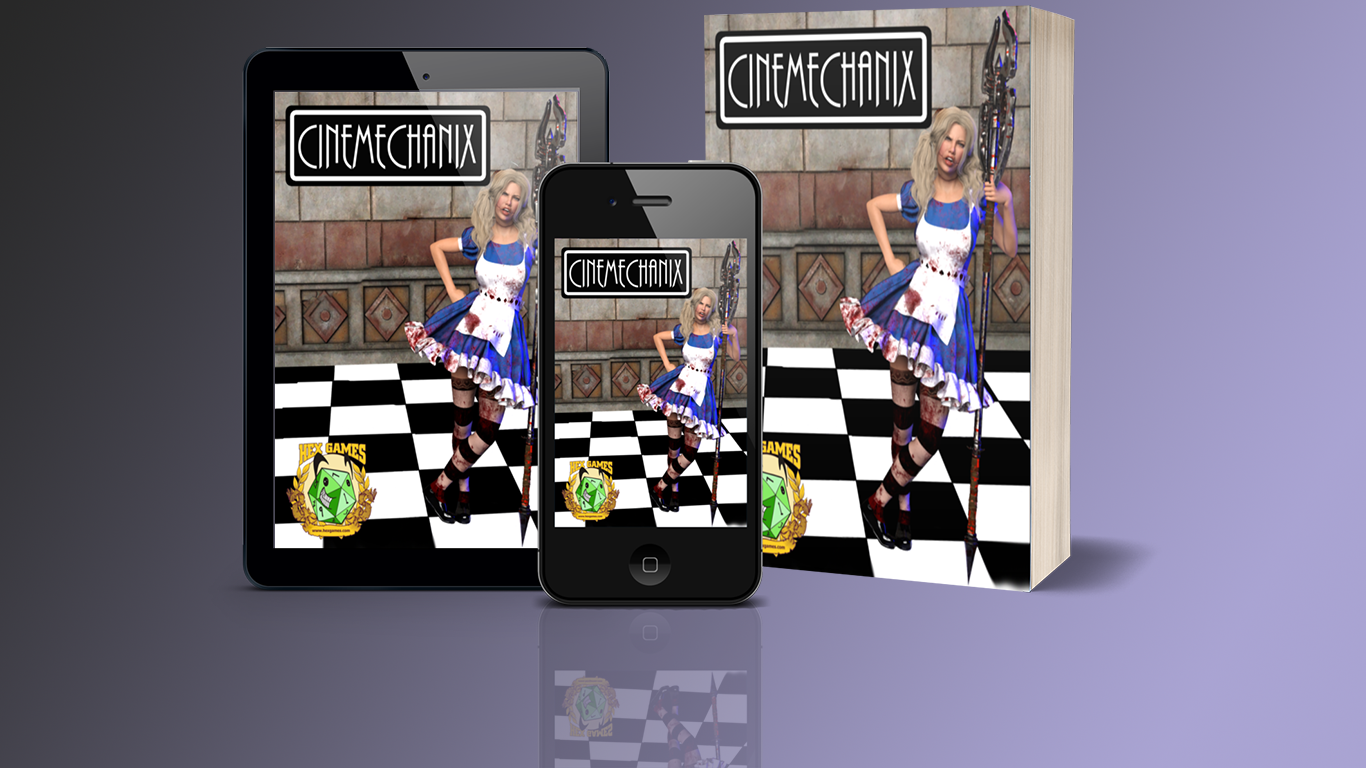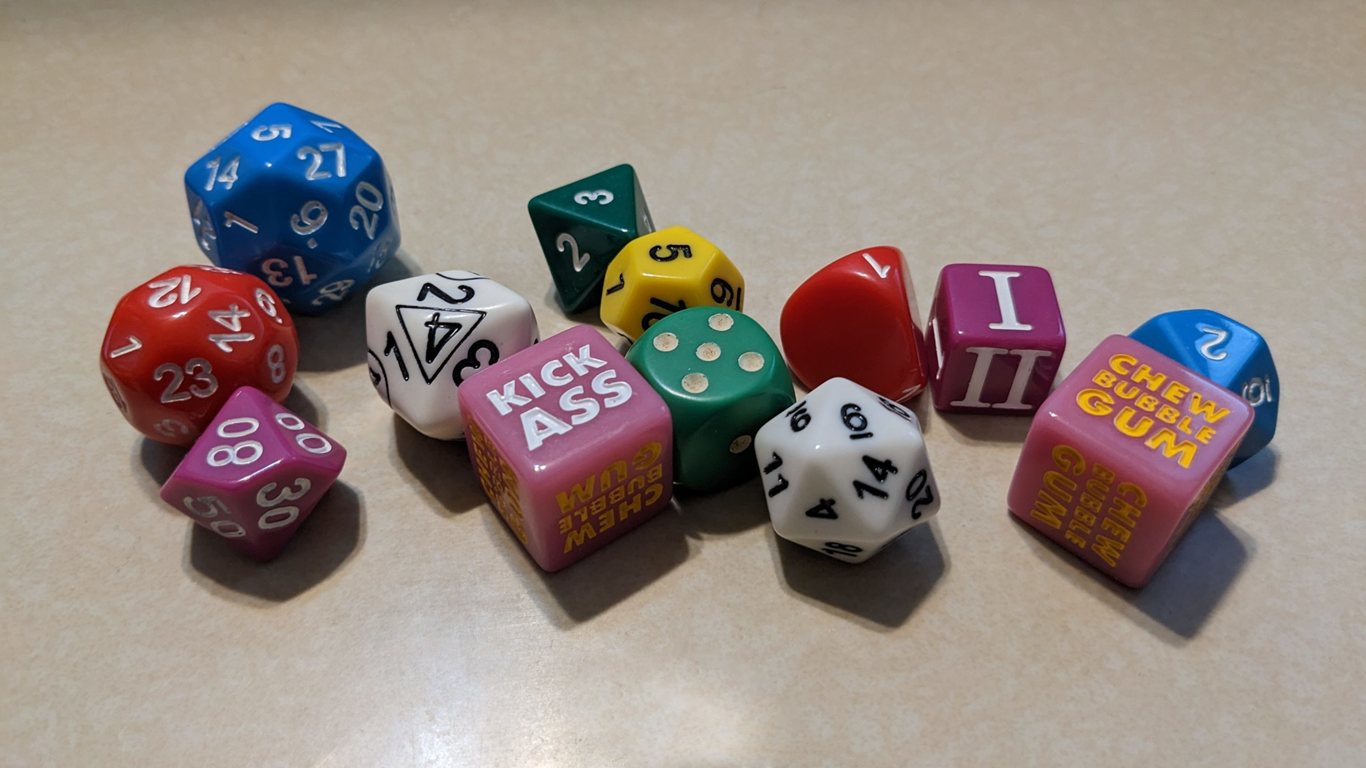We may earn money or products from the companies mentioned in this post.
A few of the Cinemechanix core rules require the group to make decisions about how they apply to the game at hand. Determining the starting Hero Factor (see last week’s blog) is one example of this. Another is deciding whether a character who reaches “Broken” status ends up dead, forced into retirement by his injuries, or is just out of action for a while. For some games, those core rules choices and the tweaks and refinements to character creation are really all you need.
[Editor’s Note: The rules references here are to an older version of Cinemechanix and may or not be applicable to the current version.]
For other games, you’ll need to create special rules for character actions that require more depth or detail than the basic rules provide (a Fast & Furious game probably needs crunchier car chase rules), genre trappings that can’t be summed up with just a Hero Prop Boost (power armor needs more detail in most games), and maybe some weird stuff (supernatural powers, magic, etc). The key when adapting the rules is to make sure that any new rules you design add something to the game and that the added depth is worth the increased rules overhead. If this sounds like a lot of work, don’t worry. There’s a whole section of the Cinemechanix rulebook that walks you through the process. You can see the current draft for the low, low price of joining the playtest group.
For Guardians of Shymeria, we’re going to start with the core rules decisions we need to make. We already figured out starting Hero Factor in the last post, so there are just a few more things to consider:
- Broken characters: The Saturday Morning Cartoon rules say characters can’t die, but the epic high fantasy rules disagree, so this is an unusual case where the meaning of “Broken” will change from season to season. During Season 1, Broken characters are out of action for the remainder of the adventure and fine when next week’s episode begins. As the tone darkens, the consequences of being Broken will get more severe. Characters are out of the action longer and may suffer traumatic physical or psychological damage (and accompanying Drops) from their brushes with death. Once the war truly begins, Broken means “dead.”
- Leveling Up: In all likelihood, the “another day at the office” rules for leveling up (which allow for gradual changes to character abilities) will work best for this game, but the GM reserves the right to use other leveling up schemes if the season calls for it.
- Acclaim: There are no special Acclaim rules during the normal session, but during the first season players have the option of doing a Special Message skit at the end of each episode to earn extra Acclaim (awarded by the GM). This can be an important lesson, a fun rainy-day activity, or whatever else the players can think of, as long as it can be done in under 2 minutes. Bonus points are awarded for tying the skit into this week’s episode. Alternately, the players can come up with the commercial for a new action figure or playset that was introduced in this week’s episode.
We also have a few genre trappings that require special rules, but most of them don’t require anything too elaborate or very much pre-definition:
- Magic: We’ve already decided that most spells simply allow characters to use their magic-based character traits in place of some other trait, as long as the thing they want to do can be achieved using one of their spells. Some spells may require their own rules for determining specific DNs or Effect interpretations. For others, details of what is and is not allowable may need to be agreed upon. Most of these things can be defined as they become relevant.
- Technology: Technological devices run on Contrivium, so we’ll need to define how many Contrivium stones a device uses and how long they operate before the Contrivium runs out. To keep things simple, this will be measured in episodes. A device only loses power if the character actually uses it during an episode (but loses power even if it’s just used once). The GM will need to decide the Contrivium requirements of any devices the PCs carry and may want to work out some general guidelines for common types of devices.
- Starting Contrivium: Since Contrivium is a resource the players will have to keep track of, we should decide how much they have at character creation. Players start with a number of Contrivium Stones equal to Hero Factor.
- Light Swords: The game mechanics for a Light Sword were defined during character creation (Sir Uriel carries one), so the big question is whether it’s technological or mystical in nature. I’m going to go with mystical, because it seems right. The Light Sword is powered by the life force of the swordsman, which is why only those who have been properly trained can make it work. They’re basically lightsabers, so no need to re-invent the wheel here.
- Character Templates: As we mentioned last week, we’ll need to put together a character template for Snuks (since one of the PCs is a Snuk). The Knights of the Phoenix (Sir Uriel’s Order) might also get a template, though it doesn’t necessarily require one. The GM may also want to go ahead and create templates for other common races or character types, but unless a member of that group is going to be a major character, a basic understanding of the character type might be all you need. You can always come up with the details later if they become relevant. It’s really a matter of GM preference.
We’ll probably run into other things we’ll need rules for as the game plays out, but a lot of them will be things the GM will realize she has to come up with when she designs the adventure. For the things that crop up during play, come up with the simplest rule that works for the situation at hand and work out more robust rules after the session if it seems like the kind of thing that will come up again in the future. As long as the story explanation of how things work stays consistent and on-the-fly version of the rules didn’t result in some campaign-changing outcome, a previous scene that doesn’t quite fit rules designed after the fact can usually be explained away by pretending the characters rolled differently than they actually did. Random factors are handy for that kind of thing.






